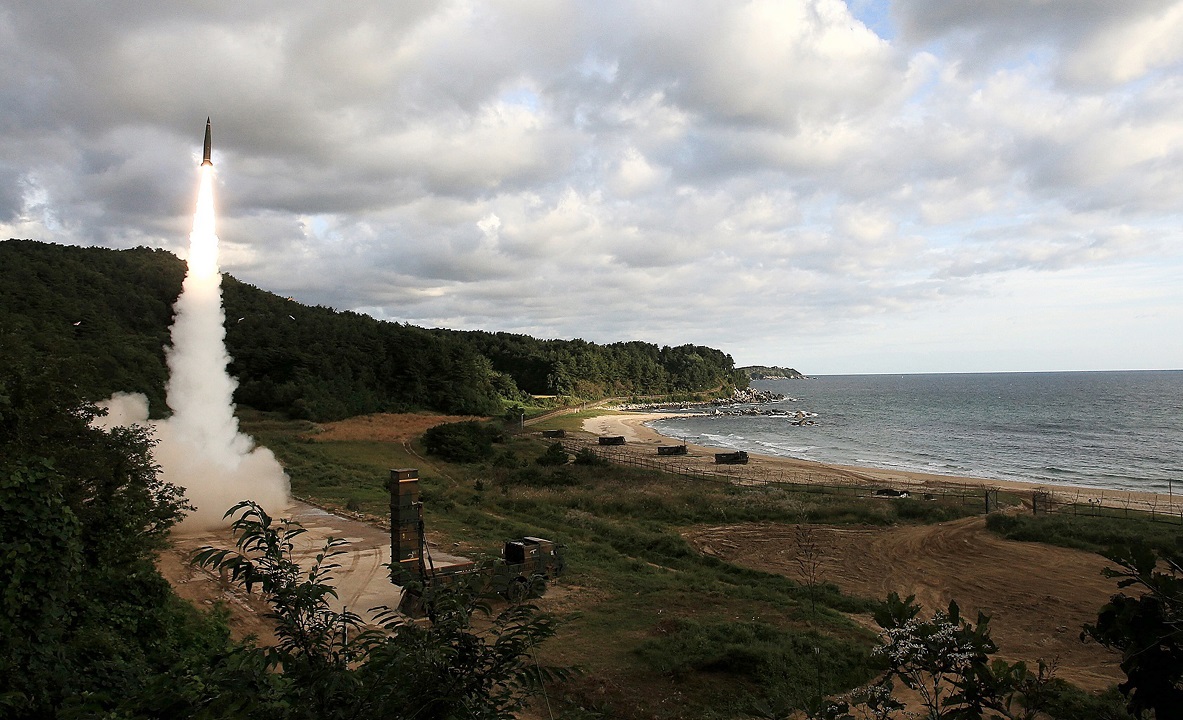Friday's missile test is the latest example of North Korean provocation, indicating the rogue state will continue to ignore demands from the US and other nations.
But experts on the region say that a Pyongyang statement released on Thursday, where North Korea threatened to “sink” Japan and reduce the United States to “ashes and darkness”, notably fails to mention South Korea.
"That tells us that North Korea is considering its trade relationship with South Korea," Dr Leonid A. Petrov from Australian National University's College of Asia and the Pacific told SBS World News.
Having a progressive government in Seoul led by Moon Jae-in "has opened up some possibilities" with the north, Dr Petrov said.
Those possibilities could include a return to the politics of the Sunshine Policy which governed the relationship between the two countries from 1998 until 2008.
The decade saw a thawing of hostilities between the countries with increased trade, social and political interactions.
Dr Benjamin Zala from the university’s Department of International Relations said South Korea’s firing of two ballistic missiles in response to the North Korean launch did not necessarily mean cooperation between the two nations was impossible. “In general President Moon has demonstrated he is more open to talks than his predecessor,” Dr Zala said in relation to the South Korean leader’s declaration on Thursday that his nation would not develop nuclear weapons.
“In general President Moon has demonstrated he is more open to talks than his predecessor,” Dr Zala said in relation to the South Korean leader’s declaration on Thursday that his nation would not develop nuclear weapons.

South Korea's Hyunmoo II ballistic missile is fired during an exercise at an undisclosed location in South Korea, Friday, September 15, 2017. Source: AP
“The fact that there was no mention of Seoul in the statement from Pyongyang is interesting: it shows the North Koreans are trying to leave the door open, even if only slightly, to deal directly with the South Koreans rather than going through the Americans,” he said.
Dr Zala noted, however, that China and the US would strongly object to such direct negotiations between Seoul and Pyongyang.
“Any autonomous attempts will be frustrated, particularly by the Americans.”
The latest test by the North Koreans showed the country had no intention to back down despite international pressure via sanctions, Dr Malcolm Davis from the Australian Strategic Policy Institute said.
The UN Security Council brought sanctions earlier this week against Pyongyang, in response to calls by the United States seeking an oil embargo.
But in the negotiations, sanctions were reduced to capping crude oil exports to North Korea at existing levels, as well as banning textile exports and new work permits.
Dr Davis said harsher sanctions would not have prevented Friday's missile test.
"I don't think it would have made a difference," he said. "It's unfortunate but the situation is not going to change without imposing regime change through war."




